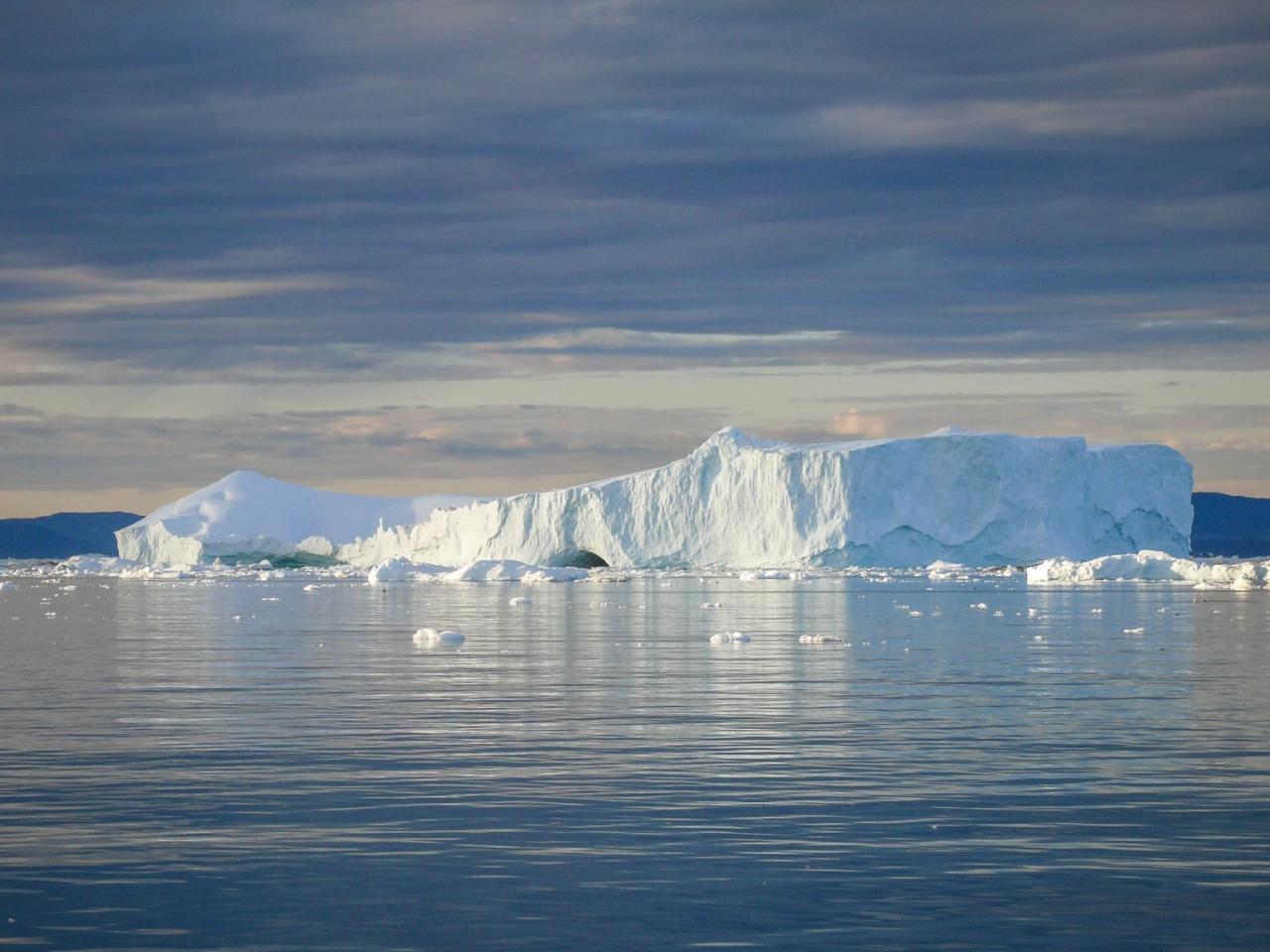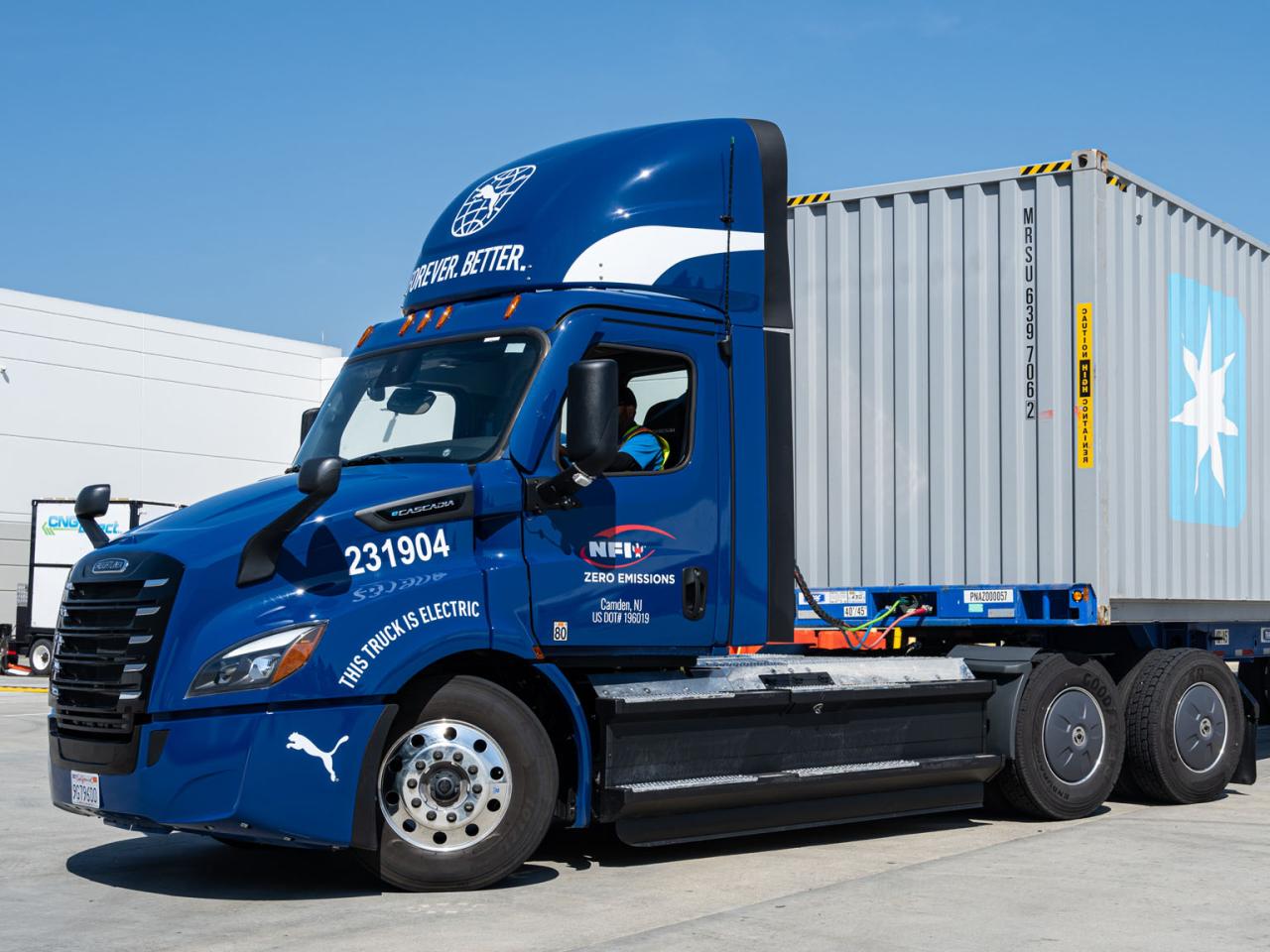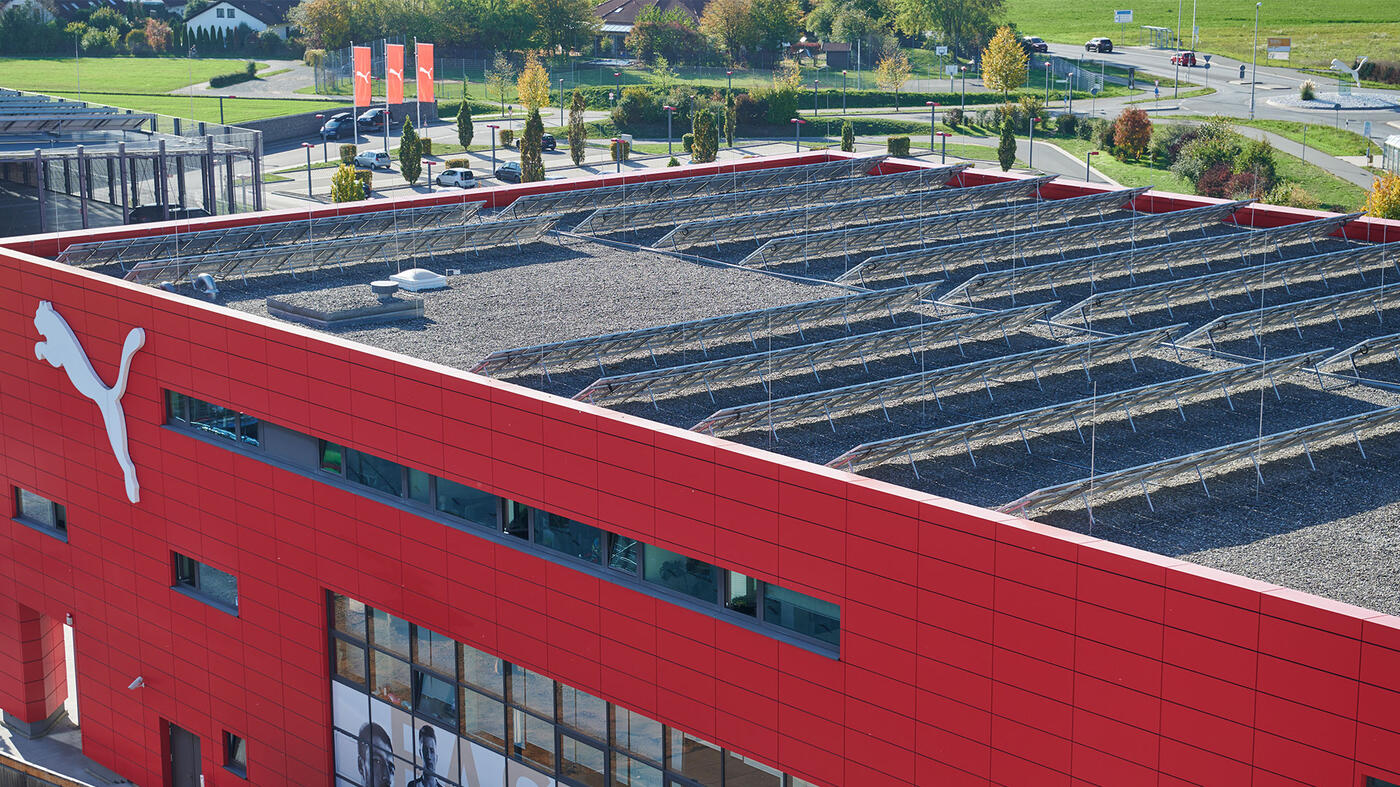Climate Action

Climate Change
Climate change is the most important challenge of our times, and we stand ready to oppose it. PUMA supports the Paris agreement on limiting global warming to 1.5 degrees and we are ready to contribute our share towards this goal.

Science Based Carbon Emissions Target
The greatest climate impact is caused by carbon emissions, which is one of the main causes of global warming. We aim to reduce our carbon emissions in our own operations as well as in our supply chain. It means radical changes in the way we operate our business, like switching energy use to renewables, phasing out coal, and using more sustainable raw materials in PUMA products.
PUMA has set a science-based greenhouse gas emission linked to what scientists deem necessary to reach a world in which temperature rise is limited to 1.5 degrees. We commit to reduce absolute Scope 1 and 2 GHG emissions by 90% until 2030 from a 2017 baseline year. We also commit to reduce absolute Scope 3 GHG emissions from purchased goods and services and upstream transportation by 33% until 2030 from a 2017 baseline year. We also commit to continue annually sourcing 100% renewable electricity for our own operations through 2030.
(More information on the Companies Taking Action - Science Based Targets)

NO TAILPIPE EMISSIONS
OUR ELECTRIC TRUCK IN TORRANCE, CALIFORNIA
Tackling The Target
So far, more than 20 % of our electricity is sourced from renewable energy tariffs. Where renewable energy tariffs are not yet available to us, we purchase energy attribute certificates (EACs), thus covering 100% our offices, stores and distribution centers with green electricity. We are committed to source 25% of energy consumed by our suppliers from renewable sources by 2025. Please see our latest annual report for details.

Renewable Solar Energy
For Headquarters Germany and USA
Text position unten links anpassen
UNFCCC
FASHION INDUSTRY CHARTER FOR CLIMATE ACTION
Together Against Climate Change
The fashion industry is determined to limit the worst effects of climate change. To realize these ambitious targets, we partnered with our industry peers and the United Nations Climate Secretariate to develop the Fashion Industry Charter on Climate Action, which was launched in 2018. The Charter renewed and upgraded its commitments in Glasgow in 2021. Charter commitments include net zero greenhouse gas emissions at the latest by 2050. As a founding signatory, PUMA has played a crucial role in preparing these targets and confirmed our commitment publicly. Find more information about the Fashion Charter and the Fashion Pact. PUMA is also part of the German foundation STIFTUNG KLIMAWIRTSCHAFT. We also work closely with the International Finance Corporation (IFC) as well as our industry peers to promote energy resource efficiency and renewable energy in our major sourcing countries, Vietnam and Bangladesh.

Louis Chen Ceo | , General Manager Kaoway SportsRenewable energy provides substantial benefits. That's why we will keep focusing on it for a better future.